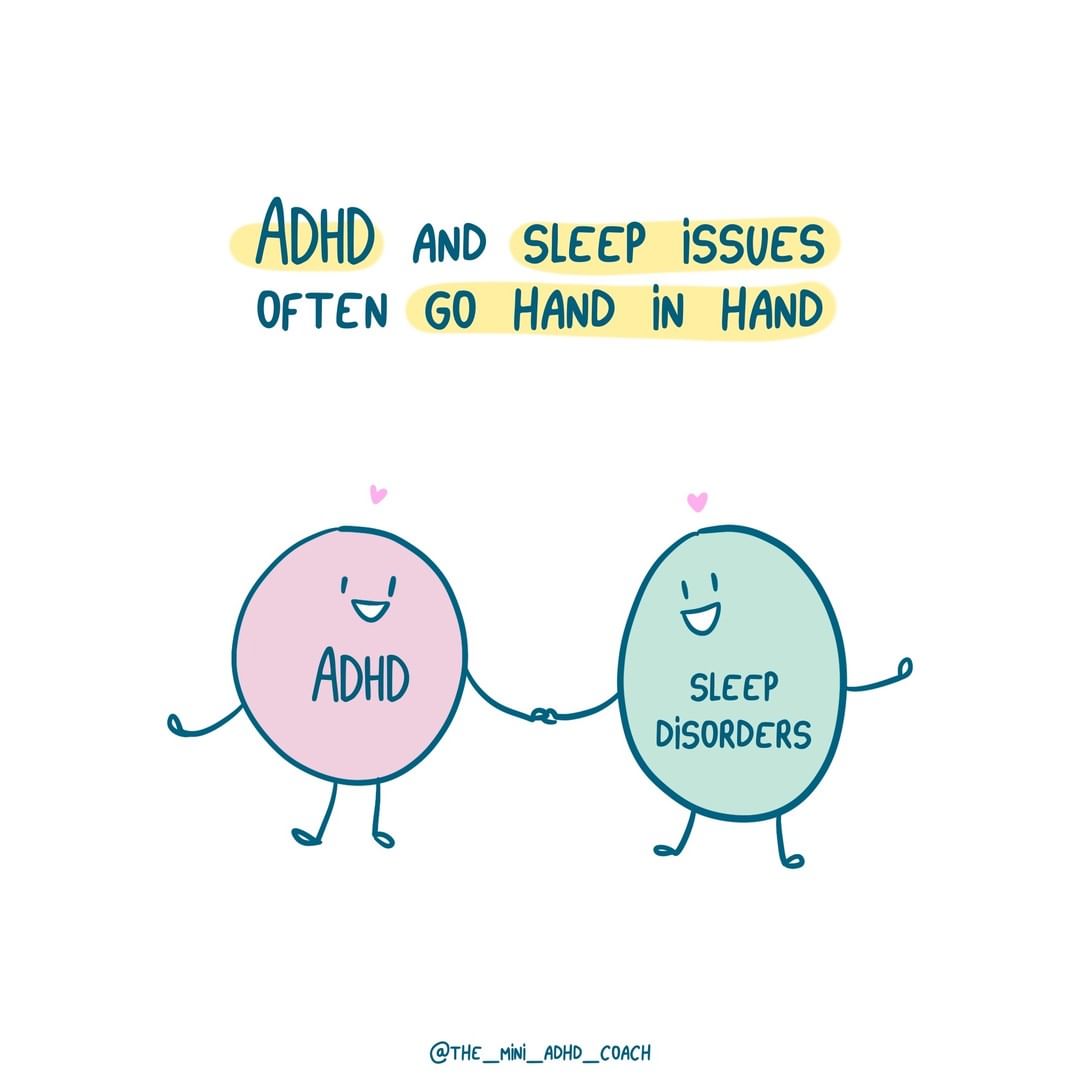
03 Nov Obstructive Sleep Apnea (OSA) and Attention Deficit Hyperactivity Disorder (ADHD)
Obstructive Sleep Apnea (OSA) and Attention Deficit Hyperactivity Disorder (ADHD) may seem like distant conditions, but they often overlap in surprising ways. Both OSA and ADHD share symptoms like difficulty focusing, irritability, impulsivity, and daytime fatigue. However, the underlying causes of these symptoms differ—OSA is a sleep disorder where the airway becomes partially or fully blocked during sleep, leading to frequent interruptions in breathing. This results in fragmented, poor-quality sleep that deprives the brain of the restorative rest it needs. On the other hand, ADHD is a neurodevelopmental disorder that affects attention, hyperactivity, and impulse control.
The link between these two conditions becomes clearer when you consider how OSA impacts cognitive function. People with untreated sleep apnea often experience excessive daytime sleepiness, poor concentration, and emotional dis-regulation, all of which can mimic or worsen ADHD symptoms. In fact, individuals with ADHD are at a higher risk for sleep disturbances, including OSA, creating a vicious cycle. ADHD medications, particularly stimulants, can also interfere with sleep, making sleep apnea even more detrimental.
Because the symptoms of ADHD and OSA can overlap so heavily, diagnosis is often complicated. A person may be misdiagnosed with ADHD when, in fact, untreated sleep apnea is the root cause of their cognitive issues. Likewise, individuals with ADHD who struggle with poor sleep may not realize that they are also experiencing symptoms of sleep apnea. This makes it essential for healthcare providers to carefully evaluate both conditions, often through a sleep study, to determine if OSA is contributing to ADHD-like symptoms.
Treating both conditions simultaneously can greatly improve quality of life. Solutions such as CPAP therapy for OSA and behavioral therapies or stimulant medications for ADHD can lead to better sleep, improved focus, and more stable emotional regulation, breaking the cycle of overlapping symptoms.

